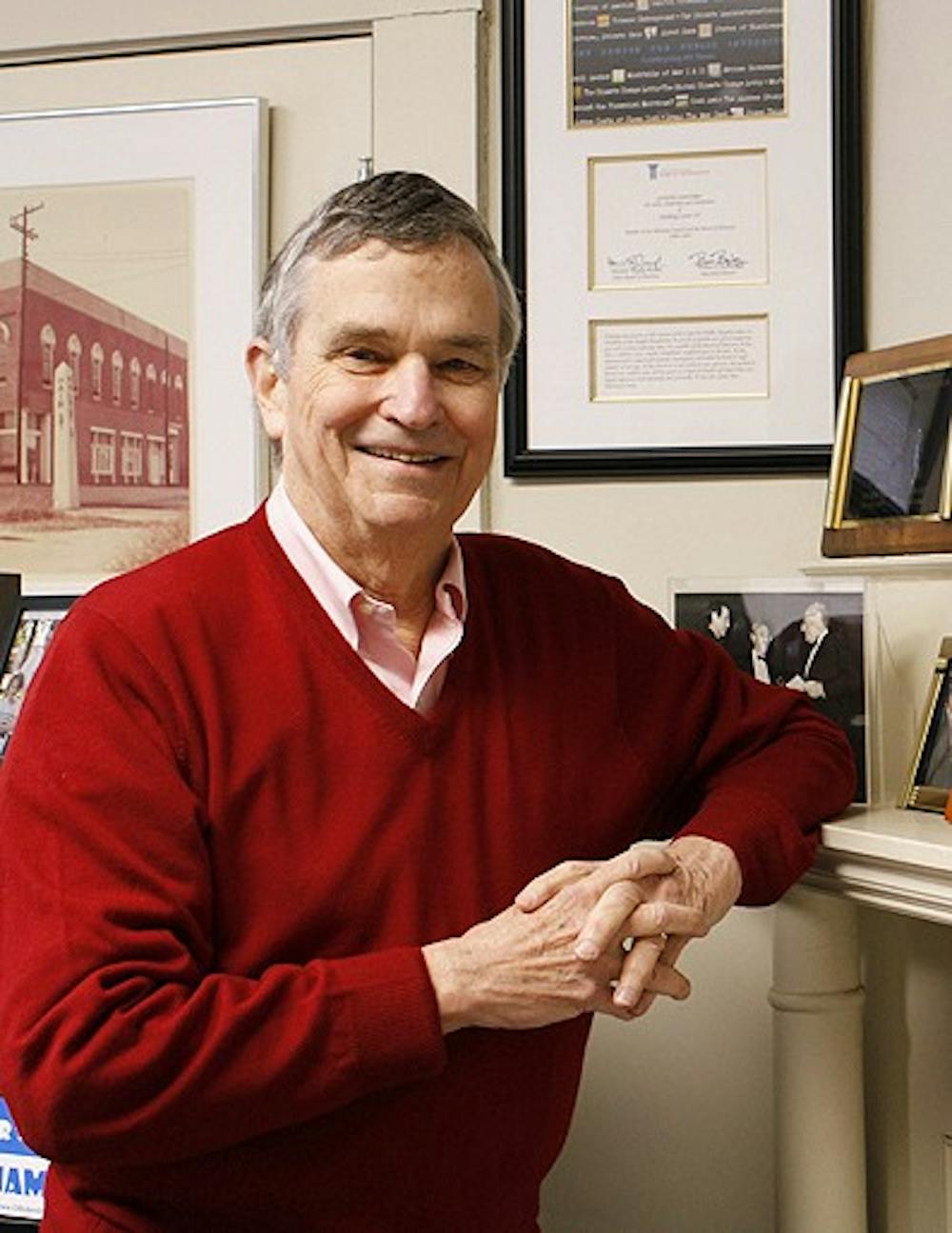At the Academy Awards Sunday night, the film “Argo,” which is based on the events of the Iran hostage crisis, won best picture.
UNC public policy professor Hodding Carter was spokesman for the State Department during the crisis.
Staff writer Marisa DiNovis sat down with the former spokesman to talk about his take on the film and its depiction of history.
Daily Tar Heel: Overall, what did you think of “Argo?”
Hodding Carter: Well, I think that it was an excellent movie — forget history. One exception: I think perhaps the most important single figure in the salvation of those escaped embassy employees, who ended up in the Canadian embassy, was the action and reaction of the Canadian ambassador. At the time, the ambassador’s real bravery and tough-mindedness got the appreciation it deserved.
DTH: What did your job as spokesman entail during the Iran hostage crisis?
HC: Well, my job as spokesman always entailed the same thing. The spokesman was meant to be the voice of American foreign policy, to interpret what was being done and to answer questions to the degree possible about what policies meant or what effect events elsewhere were going to have on the policy.
DTH: Have you been asked about your connection to the hostage crisis in relation to the film?
HC: Yes, but let’s be clear, I am not actually in that film. An awful lot of people including good friends thought that what they were hearing and seeing was me talking, having heard “Hodding” just out of the blue and a guy walking along who looked much more like (Chief of Staff Hamilton Jordan) than me, but nonetheless could look a little bit like me.



